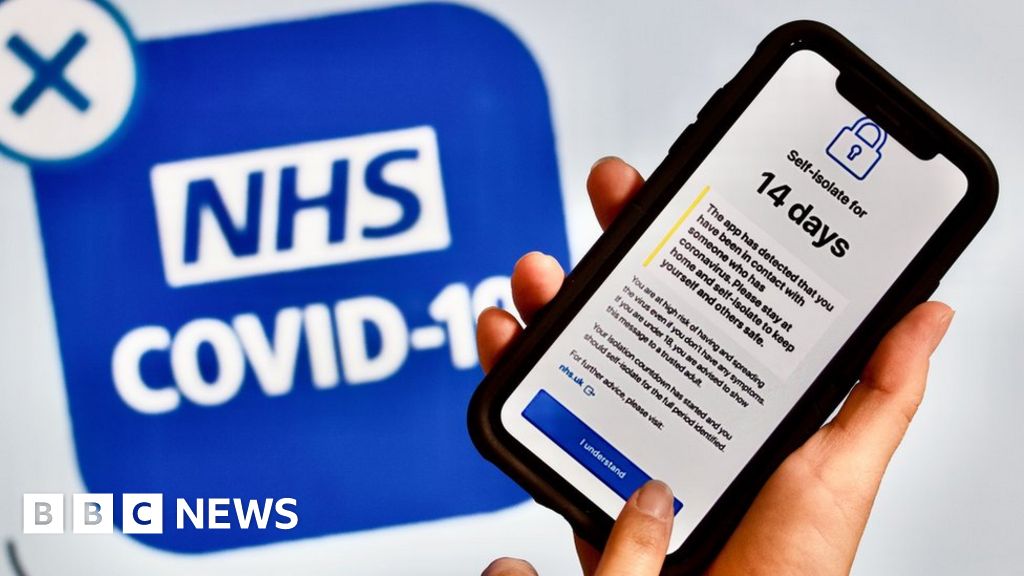 Image copyright
Getty Images
Image copyright
Getty Images
As lockdown restrictions are eased further, people in England, Northern Ireland and Scotland can now set up support bubbles.
The aim is to help people who've been cut off from friends and family.
What is a support bubble?
A bubble is defined as a group of people with whom you have close physical contact. The idea was first introduced in New Zealand.
In England, Scotland and Northern Ireland, single adults living alone - or single parents whose children are under 18 - can now form a support bubble with one other household.
The second household can be of any size.
Currently, nobody who is shielding should join a bubble, but this restriction will be lifted from 6 July in England.
The independent advisory group Sage has been asked to examine if, when and how people might safely be allowed to expand their bubbles.
Announcing the latest easing of rules in Wales on 19 June, First Minister Mark Drakeford said he expected to make a decision about whether to introduce social bubbles in the next few weeks.
What are the support bubble rules?
Support bubbles must be "exclusive". Once in one, you can't switch and start another with a different household.
People in each bubble can visit each other's homes and go inside.
They won't have to do social distancing and can even stay overnight.
Anyone in the bubble contacted as part of England's test and trace programme must stay at home. If they develop coronavirus symptoms, everyone in the bubble must self-isolate.
There is no limit on how far you can travel in England for your support bubble but local is best, the government says.
Bubbles can now be cross border with Scotland, but not with Wales or Northern Ireland.
But what if...?
Social and family groups are complicated and might not fit bubble rules.
Grandparents:
If you are single, you could bubble with one of your children's households, but you must stick with them Households of two grandparents cannot bubble if their children live with other adultsSingle parents:
You could bubble with a friend, another single parent or a household with two adults You could use a bubble to arrange unpaid childcare If any children at home are over 18, you can't form a bubble If you already share childcare with your ex during lockdown, you can form a support bubble with another householdIf you are single:
Two single people each living alone could bubble Someone in a house-share could bubble - but those they share with wouldn't be allowed to form their own bubblesYou can read the government's guidelines for England in full here.
Image copyright Getty ImagesWhat if I don't live alone?
If you don't live on your own, or you are not a single parent whose children are under 18, then the rules haven't changed.
However, you can, of course, invite someone eligible to join a social bubble with your household.
Otherwise, you must meet people you don't live with outside. The number of people you are allowed to meet depends on where in the UK you live.
Northern Ireland says up to six people to meet indoors, with some social distancing.
From 4 July in England, two households will also be able to meet indoors and stay overnight - with social distancing.
Why are bubbles needed?
Basically, when people mix - especially in crowded places - coronavirus can spread.
The virus is transmitted by droplets from infected people when they talk, cough and sneeze.
These can enter the body through the eyes, nose and mouth, either directly or after touching a contaminated object.
That's why people have been asked to maintain social distancing when meeting anyone not from their household.
Bubbles allow some people more contact with others, while keeping other social distancing measures in place.
Who will be in your social bubble? Please share your experiences by emailing haveyoursay@bbc.co.uk.
Please include a contact number if you are willing to speak to a BBC journalist.
WhatsApp: +44 7756 165803 Tweet: @BBC_HaveYourSay Please read our terms & conditions and privacy policy
 5 years ago
1042
5 years ago
1042 

